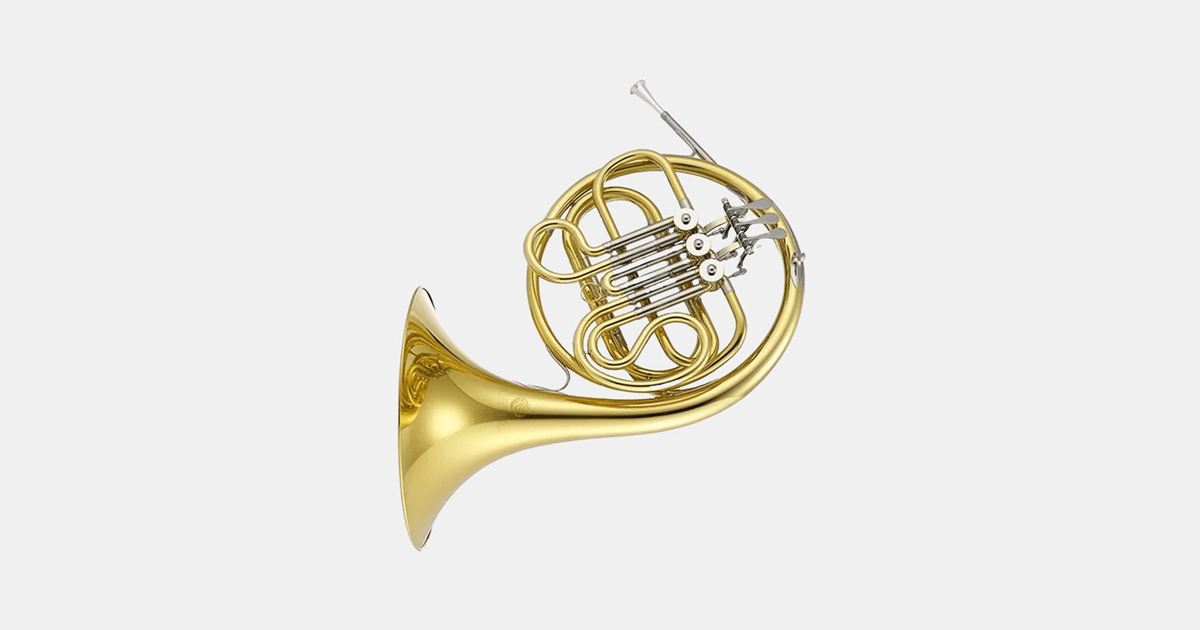Taking care of your brass instrument is easier than you think! In fact, there are some simple steps you can take to help keep your instrument healthy and happy! All you need is the right information, so we’ve broken down daily, monthly, and long-term care. We hope that this helps you to see what you’re capable of when it comes to taking care of your instrument, and when the right time is to take it to the shop for cleaning or repair.
Daily Care
- Oil valves before playing
- Wipe down instrument after playing
- Empty and fluids from waterkeys before storing
Why are these important to do every time you play? Let’s break it down.
Making sure that the valves and slides are properly lubricated not only makes the instrument feel better, but also helps prevent everyday wear and tear. Things like valve oil and slide grease form a layer between two contacting surfaces and keeps things from wearing over time as you play. While slide grease typically lasts longer due to it’s thicker consistency, valve oil will wear off much faster. For this reason, we recommend that you oil your valves every time before playing. Pro tip: it only takes a couple drops! Two to three drops should be plenty. Trombone hand slides differ slightly, and can be regreased or spritzed with some water when it starts to feel dry.
Wiping down brass instruments after playing is a quick and easy way to preserve your lacquer and keep your instrument looking nice. The skin’s pH leans to the acidic side. This acidity can wear on plating and lacquer over time with frequent contact. The biggest way to minimalize wear is to wipe down your instrument after playing with a soft polishing cloth. If you’ve purchased the trumpet or trombone care kit with your rental from us, a polishing cloth will be included.
Lastly, make sure you are emptying any fluids from your waterkeys before you put your instrument away. As your play your instrument, saliva and other fluids can accumulate inside of the instrument. Since like skin, saliva is also acidic, it can lead to red rot if the brass instrument is not properly taken care of. What is red rot? Red rot is the result of an acid corroding the zinc within the brass. This leads to weak spots of copper that appear as red spots. Unfortunately there is no repairing red rot, aside from fully replacing the affected area.
Monthly Care
- Replace slide grease
- Wipe out valve casings
- Wash mouthpiece
Above we have listed a few things that you may not have to do every time you play, but are a good idea to keep up with regularly. Doing these once a month is a good standard to go by!
When re-greasing your slides, take out all of the slides and wipe them off. Then, reapply with your choice of slide grease(s). For trombones, follow these steps on the tuning slide, then apply your slide cream, grease, or oil onto the inner slide. Spritz with water as needed when it begins to feel dry.
Another thing you can do monthly is wipe out the valve casings on your trumpet. To do this, simply unscrew the tops of the valves and remove them. If you’re worried about getting them mixed up, you can do them one by one, or check to see if they are labeled. Next, remove the bottom caps and use a casing brush or swab to gently wipe any oil and buildup out. Casing brushes or swabs can be found at your local music shops, or in your Rent My Instrument care kit. Make sure to use the correct instrument specific brushes/swabs to do this so they don’t get stuck. Apply two to three drops of valve oil onto your valves and put everything back together.
Finally, washing your mouthpiece monthly will keep things clean and remove any deposits that could cause your mouthpiece play less than optimally. Use a mouthpiece brush with lukewarm water and Dawn dish soap to scrub out the interior of the mouthpiece and let dry.
Long Term Care
When it comes to long term care, getting professional cleanings regularly is the best thing you can do for your brass instrument. Brass instruments should get a cleaning from a professional once every six months to year.
Why are these so important? While you may be able to clean your instrument at home to some extent, instrument repair shops use special chemicals and tools to remove all of the organic material inside of the instrument. Buildup inside of an instrument is bound to happen with any instrument, and with the unique qualities of brass instruments, this residue can start to take a toll in a number of ways. As mentioned previously, any acidic buildup from saliva and other things can begin to eat away at the brass and weaken it. Deposits of calcium and other organic materials can also begin to cause binding in the slides and valves. If you are experiencing trouble with removing any parts to your instrument, it is best to either take it to a local shop or send it to the in-house shop we have here at Rent My Instrument.
We hope that these tips help your instrument live a long and happy life! As always, feel free to contact us if you have any questions at [email protected] or (877) 569-0242

